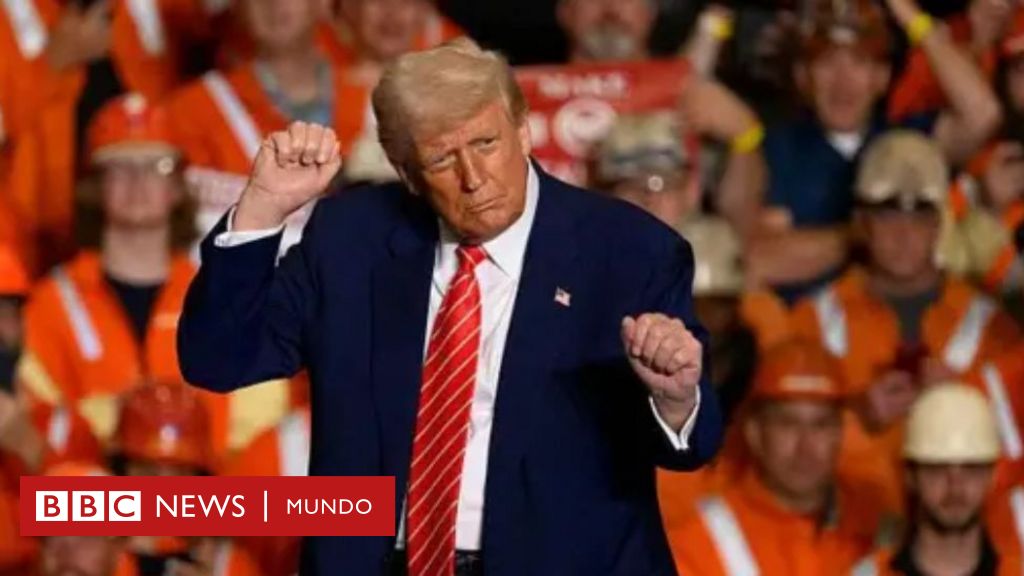Donald Trump’s economic strategy, which focuses on protecting U.S. industries through tariffs on foreign goods, bears striking similarities to the Import Substitution Industrialization (ISI) policies once pursued by leaders like Juan Perón in Argentina and Getúlio Vargas in Brazil. These policies aimed to reduce dependence on foreign markets and promote domestic manufacturing. However, experts warn that applying such outdated strategies in today’s globalized economy could lead to negative consequences. Monica de Bolle, a researcher at the Peterson Institute for International Economics, notes that while these policies initially spurred industrial growth in Latin America, they eventually led to inefficiencies, monopolies, and fiscal crises. De Bolle argues that replicating these strategies in the U.S. without a clear plan could result in inflationary pressures and harm the very sectors Trump aims to protect. \n— new from BBC
